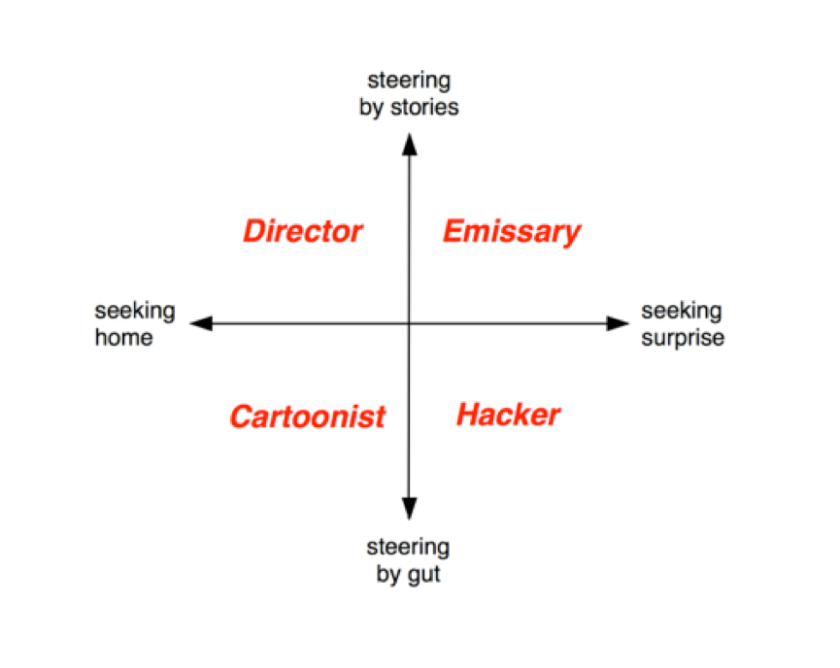Sometimes, the orchestra metaphor is used in leadership contexts, representing the leader as the conductor, steering/leading the orchestra. I believe the asymmetric relationship of the “leader” with his/her “followers” is a flawed metaphor.

The more interesting and critical question is “Who wrote the score?”. In other words, “Who is the composer?”. I already alluded to this in my good/bad-change-post.
"Heroes" and others by Ozark Henry and National Orchestra of Belgium
Quote by Robert Fritz
“In an orchestra, it is not the conductor or individual musicians who are in control. It is the composer. The composer’s job is to make sure that the parts fit together. Too often, no one is actually composing the organisation, and it leaves one of two bad choices: command and control or organising systems. Much has been made in the last 20 years, glorifying organising systems, but, what happens over time is that these systems self-organise into structural conflicts, which lead to oscillating patterns.”
“That’s why a “composed” system can lead to advancement and forward movement toward building the company but the other alternatives do not live up to their promise.”
The composer creates an immersion. A good example in music is Ozark Henry, who now spends his days creating immersive soundscapes. He got into this 360° sound experience when setting the bar for his immersive album “Paramount”, recorded with the Philharmonic Orchestra of Belgium. The full documentary of the making of this album also shows Ozark Henry in his role as “Composer” working with the Orchestra.
Ozark is NOT the conductor. He hired the conductor. He hired the director. He hired the musicians. He is the composer.
What are the qualities of the composer? Also here, Ian Cheng comes to our help.

Ian Cheng - from the book "Emissary's Guide to Worlding"
As can be seen from the diagrams above, the stretch for most artists is to become “composers” rather than problem solvers or conductors. The composer is an artist/alchemist, trying to create harmony between four internal forces/roles:
- The Director at work, focused on “What is the story/narrative?”
- The Emissary at work, focused on “A future you can believe in”
- The Cartoonist at work, focused on a uniting Cartoon/Mascot metaphor
- The Hacker at work, focused on iterating hacks “It might not be science but it works”
All roles need to be present in the composer. In my opinion, this model does not only apply to artistic endeavors but works very well in a business context. Most businesses struggle to get to the right side of the graphic; in seeking surprise and going into unknown territory, and imagining alive worlds that they believe in. That’s where the future innovative opportunities are.
I suggest the composer is the ideal archetype for dealing with ambiguity.
Have a great day!


2 thoughts on “Who is the composer? Who wrote the score?”